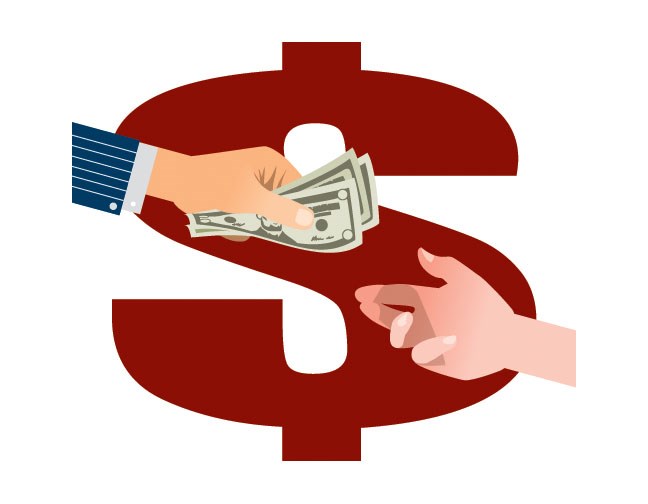The Canadian Federation of Independent Business wants to talk about taxes before the 2019 federal election.
The CFIB recently released a report regarding payroll taxes. Payroll taxes include money employers and employees pay into the Canadian Pension Plan, Employment Insurance and Worker’s Compensation.
Some government agencies object to the phrase payroll tax, and prefer “future investments” or “forms of insurance.”
Alberta and Saskatchewan have the lowest payroll taxes among provinces. On a $50,000 salary, over $4,000 goes to the programs, not including income tax.
Quebec has the highest payroll taxes. Quebec employees pay into the Quebec Parental Insurance Plan, provincial payroll taxes, and into the workforce skills development and recognition fund. Quebec also has a pension plan.
On a $50,000 salary in Quebec, nearly $6,500 would go to the above programs.
The CFIB says payroll taxes, when levied on employees, “directly lowers their take-home pay and buying power.”
For business owners, “in general, payroll taxes constitute one of the most damaging forms of taxation” and “are costly, profit insensitive, and administratively burdensome,” the report states.
Many business owners recognize a reduction in taxation as a measure that would most help boost business growth, according to the report. Meanwhile, additional imposed expenses on employers can lead to higher prices for consumers and/or reduced wages for employees.
The CFIB report recommends slowing or halting pension plan increases after 2019, promoting other ways for Canadians to save for retirement, and “lower[ing] payroll taxes for small businesses to recognize that they are more labour intensive and serve as the training grounds for the larger economy by hiring a greater proportion of inexperienced workers.”
According to a 2016 survey, two in three Canadians responded they believed the Canadian Pension Plan wouldn’t exist when they retired.
But according to experts interviewed in different news sources, the pension plan was unlikely to be discontinued anytime soon.
The Canadian Pension Plan has undergone two main reforms: in 1997 and 2016.
In 1997, the Canadian Encyclopedia notes, contribution rates were doubled to 9.9 per cent of pay.
There was concern contributions at the time wouldn’t be enough to finance retiree benefits.
2016 changes by the Liberal government will benefit younger Canadians the most and would have less effect on current retirees.
The Canadian Pension Plan is a popular federal program.
��
��




